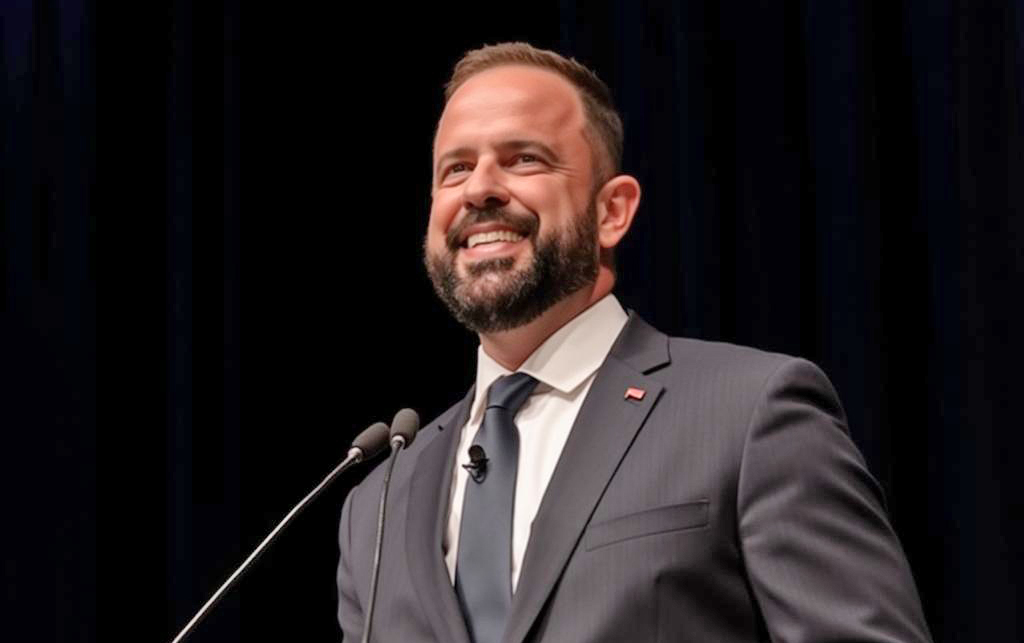In recent years, compliance failures and talent shortages have emerged as two of the most pressing challenges facing U.S. diagnostic and food safety laboratories. With regulatory demands evolving faster than many small and mid sized operations can adapt, the resulting gaps have led to delayed inspections, disrupted production timelines, and in some cases, public health risks. In parallel, the nationwide shortfall of qualified laboratory professionals is straining already overextended systems. As oversight tightens and expectations rise, the pressure on these essential institutions has reached a critical juncture.
Amid this landscape, a Florida based company is preparing to offer specialized guidance. CDL Orlando LLC is set to enter the management consulting field with a focus on helping under resourced clinical and food laboratories navigate U.S. regulatory frameworks, modernize internal operations, and build sustainable technical teams. The company is being launched by Carlos Eduardo Brandão, a Brazilian biomedical specialist with over a decade of experience managing high volume diagnostic facilities and developing technical protocols for hospital and laboratory environments.
Brandão’s journey to this point began in the clinical trenches. After earning his degree in medical biological sciences in Brazil, he spent years immersed in both hospital based labs and private diagnostic centers. He eventually co founded a laboratory that continues to serve an estimated five hundred patients daily, overseeing its growth from startup to a fully operational diagnostic hub. Along the way, he developed a deep understanding of the factors that allow laboratories to operate reliably, from quality control and digital systems to team coordination and regulatory readiness.
“From early in my career, I realized that technical excellence alone is not enough,” Brandão noted. “The real test is whether a lab can deliver consistent, compliant results under pressure, and that comes down to systems, staff, and strategy. CDL Orlando will help build those foundations in settings that do not always have the resources to do it alone.”
When it begins operations, CDL Orlando will focus on a segment of the market that is often under supported, including small and medium sized clinical laboratories, specialty food producers, veterinary diagnostic labs, and startup diagnostic firms that frequently lack in house compliance teams or digital infrastructure. These groups face steep barriers in adapting to U.S. regulations such as CLIA, CAP, FDA, and EPA standards. In 2023 alone, the Food and Drug Administration issued over one thousand warning letters to food companies, and more than six hundred fifty recalls were logged, many due to preventable failures in documentation, sanitation, or testing protocol.
While regulatory challenges are often visible, an equally urgent problem remains under discussed, which is the growing difficulty of attracting and retaining laboratory staff. Recent figures from the American Society for Clinical Laboratory Science indicate that U.S. clinical laboratories are operating with vacancy rates that range from ten percent to twenty five percent, depending on location and specialty. These shortages not only affect turnaround times but also place quality and compliance at risk, as remaining staff are required to cover broader responsibilities without adequate training or support.
CDL Orlando plans to address this through competency driven training programs tailored to frontline laboratory staff. Instead of generic education models, Brandão’s firm will offer targeted instruction aligned with real world responsibilities such as sample handling, urgent testing protocols, and equipment management, while also delivering support for digital literacy and data systems. This approach is designed not only to improve service continuity but to help laboratories reduce dependence on external hiring during a period of national labor scarcity.
Another pillar of the firm’s strategy involves the digital optimization of laboratory workflows, an area where many small labs remain vulnerable. Despite the growing adoption of laboratory information systems across major health networks, a significant number of independent labs and food testing facilities continue to rely on manual documentation or fragmented IT setups. This creates bottlenecks in traceability, slows regulatory reporting, and increases the likelihood of transcription errors, errors that can be costly under scrutiny from agencies like the Centers for Medicare and Medicaid Services or the USDA.
In response, CDL Orlando will offer technical support for laboratory information system implementation and customization, focusing on helping clients standardize their data flows and align reporting systems with federal expectations. The goal is not only efficiency but audit readiness, equipping clients to respond quickly and accurately when inspections occur.
On a national level, the company’s ambitions extend beyond consulting. Its approach is structured to complement federal public health goals, including workforce development, diagnostic accuracy, and food safety improvement. For example, its internal training kits and standard operating procedure templates are expected to contribute to a growing movement toward reproducible and scalable lab practices, a goal emphasized in CDC and GAO reports calling for standardization in both clinical and food safety domains.
CDL Orlando’s headquarters will be located in Aventura, Florida, a region known for its intersection of healthcare, tech, and logistics. However, the firm plans to support clients across state lines, offering remote support, documentation kits, and digital training sessions to ensure access for laboratories located in rural or underserved areas, regions particularly affected by staffing shortages and compliance disparities.
Brandão, who has long worked at the interface of technical diagnostics and operational leadership, views the new company as an extension of his career long focus on infrastructure. “You cannot outsource stability,” he said. “What CDL Orlando will do is transfer capability, build internal systems that last, that continue even when the team changes or the regulations shift. That is the kind of resilience the industry needs right now.”
As regulatory scrutiny sharpens and the laboratory labor market remains volatile, CDL Orlando is positioning itself as a timely solution for organizations seeking not just survival but sustainability. While still in its pre operational phase, the company’s blueprint reflects a deeper understanding of how diagnostics and food safety intersect with public trust, and why both depend on the systems behind the scenes.



























